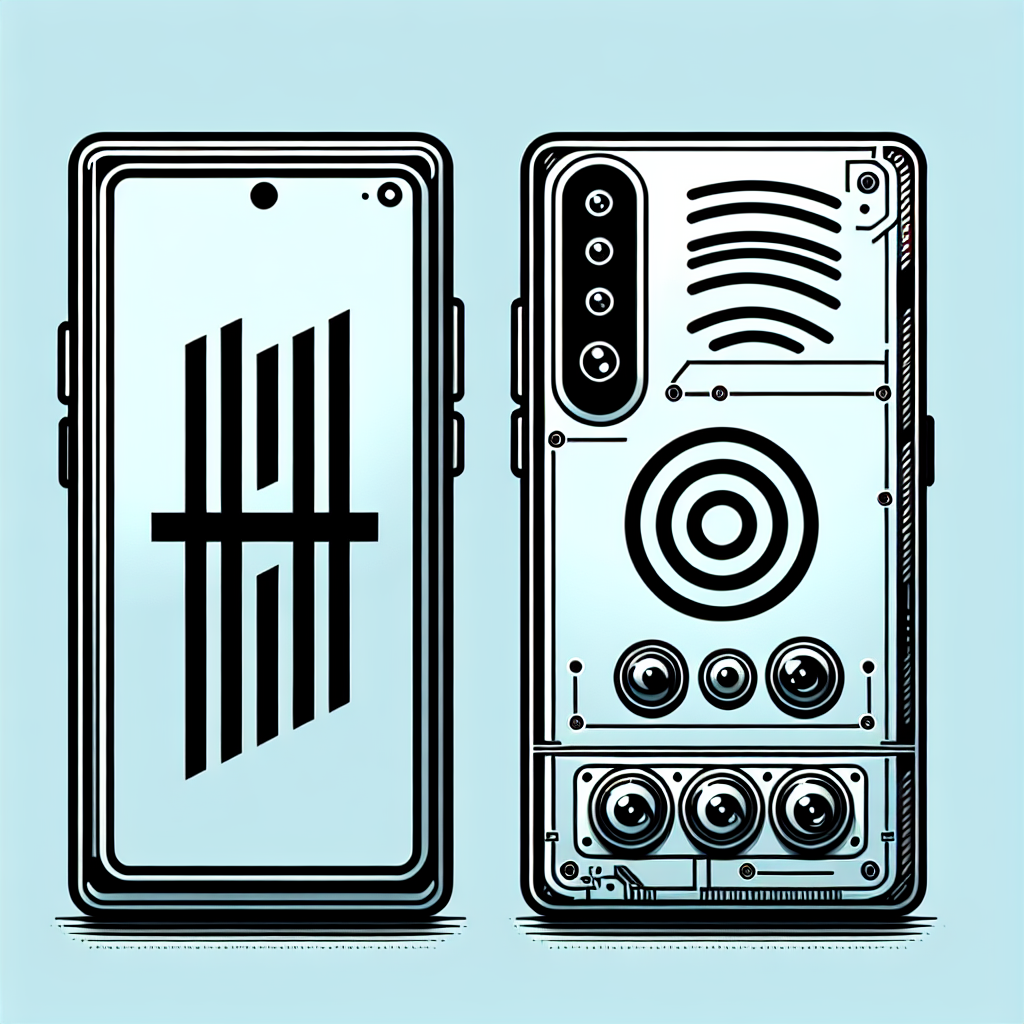Biden Administration Cracks Down on Huawei with Eight License Revocations
The Biden administration has revoked eight licenses allowing companies to ship goods to Huawei, aiming to pressure the telecom giant. This move underscores continued efforts to limit Huawei's growth, despite the company’s rebound in smartphone and smart car sales, powered by advanced technology and substantial licensing approvals under previous policies.

The Biden administration has revoked eight licenses this year that had allowed some companies to ship goods to Chinese telecoms equipment giant Huawei, according to a document first reported by Reuters, as it seeks to pressure the resurgent company. The Commerce Department, which oversees U.S. export policy, said in May it had revoked "certain" licenses, as first reported by Reuters, but did not specify the name or number of suppliers that were impacted. Licenses for Qualcomm and Intel were among those revoked, Reuters reported at the time.
"Since the beginning of 2024, (the Commerce Department) has revoked eight additional licenses involving Huawei," the agency said in the document, prepared in response to an inquiry by Republican Congressman Michael McCaul. According to the document, license approvals for Huawei include "exercise equipment and office furniture and low-technology components for consumer mass-market items, such as touchpad and touchscreen sensors for tablets," which are widely available in China from Chinese and foreign sources, the Commerce Department said.
Huawei and Qualcomm did not respond to requests for comment. Intel declined to comment. A spokesperson for the House Foreign Affairs Committee, which is chaired by McCaul, said it had received the data on Tuesday and is reviewing it. The details shed new light on measures the Biden administration is taking to thwart Huawei, as the company has started to rebound despite Washington's efforts to cripple it on national security grounds. Huawei has denied it is a security risk.
It also comes amid pressure from Republican China hardliners in Congress to hammer the company, which shocked industry last August with a new phone powered by a sophisticated chip manufactured by Chinese chipmaker SMIC despite U.S. export restrictions on both companies. The phone helped Huawei smartphone sales spike 64% year on year in the first six weeks of 2024, according to research firm Counterpoint. Its smart car component business has also contributed to Huawei's resurgence, with the company notching its fastest revenue growth in four years in 2023.
Huawei was placed on a U.S. trade restriction list in 2019 amid fears it could spy on Americans. Being added to the list means the company's suppliers have to seek a special, difficult-to-obtain license before shipping. But Huawei suppliers have received licenses worth billions of dollars to sell Huawei goods and technology, thanks to a policy introduced by the Trump administration that allowed a much broader swathe of items to flow to the firm than is typical for an entity-listed company.
The summary also states that from 2018 to 2023, the agency approved $335 billion worth of licenses out of a total $880 billion applications seeking permission to sell to Chinese parties on the entity list. Of those approvals, $222 billion worth came in 2021, Biden's first year in office, out of $560 billion in applications received that year, the agency added.
(This story has not been edited by Devdiscourse staff and is auto-generated from a syndicated feed.)
ALSO READ
Tulsi Gabbard's Historic Appointment: First Hindu American to Lead U.S. Intelligence
Tulsi Gabbard: A New Era for US National Intelligence?
Controversy Surrounds Gabbard's Elevation to Intelligence Chief
Russia's Strategic Edge in Ukraine: Intelligence Insights
Supreme Court Boosts Compensation for Intellectually Disabled Accident Victim










